Description
ABSTRACT
Insight: How the Exit of LIBOR Will Impact the Nigerian Financial Market
Onyinyechi Iwuoha*
From the brass rods of Belgian Congo to the domesticated reindeer of Northern Siberia, the relationship between loans and interest rates is as old as time. During the primitive era, a creditor would always expect to receive his credit (a cow) and interest (a calf) from the debtor. It is therefore not surprising that interest rates have grown to play a huge role in the development of financial systems of economies. The popularity of the London Interbank Offered Rate (LIBOR) lends credence to the importance of interest rates in the syndicated loan market as well as the global financial market. However, as with all things subject to human control, cases of interest rate manipulations and various forms of financial misconduct as it relates to the LIBOR has arisen leading to the noticeable decline in its use and the call for its replacement. While a case can be made for the use of interest rate benchmarks other than LIBOR, there is clearly a huge role that LIBOR plays in financial markets for which there is no immediately obvious alternative; hence the argument in some quarters for a reform rather than a replacement of LIBOR. Despite the call by the proponents of a reform, Andrew Bailey, Chief Executive of the Financial Conduct Authority (FCA) announced that LIBOR would be phased out by the year 2021. This raises the important question – how will this affect the Nigerian financial market, which is wholly dependent on the LIBOR rates for its foreign currency-denominated loans and derivative trading? That is the issue which this paper will address. It will also address the reliance on LIBOR by the Nigerian financial institutions. The paper submits that it is in the interest of the Nigerian financial institutions to seek out an alternative reference rate and move towards the amendment of existing LIBOR- reliant documentations.
Keywords: Interest Rate, LIBOR, Financial Market, Loan Documentation, Capital Market, Derivatives.
INTRODUCTION
The history of interest rates can be traced to medieval times and is closely linked with the evolution of credit. It has been said that credit antedated industry, banking and primitive forms of money. Loans at interest may have started when the Neolithic farmer made a loan of seed to a cousin and expected more back at harvest time.1 Loans without interests were seen as gifts while loans given for productive purposes were expected to be returned with interests. The earliest historical records show that credit accompanied by interest was a common phenomenon, especially loans of seed and animals. Seeds yielded an increase and at harvest time could be returned with interest. Expectedly, with the advent of legal tenders, the interest rates applied to these primitive forms of credit began to
* The author is a Senior Associate in the Corporate/Commercial Practice Group at The New Practice (TNP) law firm. She is ranked as a “Rising Star” in Banking and Project Finance in Nigeria by the International Financial Law Review (IFLR 1000).
- Sidney Homer and Richard Sylla, A history of interest rates (3rd edn, rev, Rutgers University Press 1996)

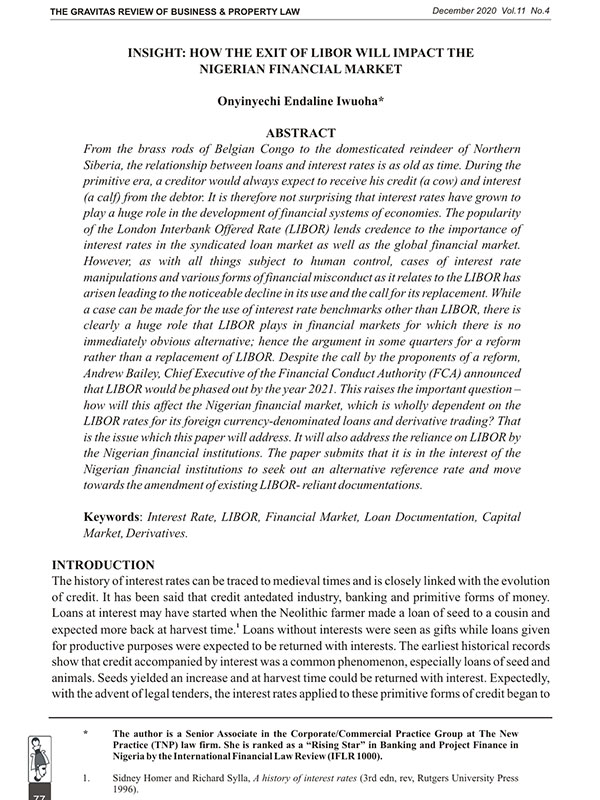
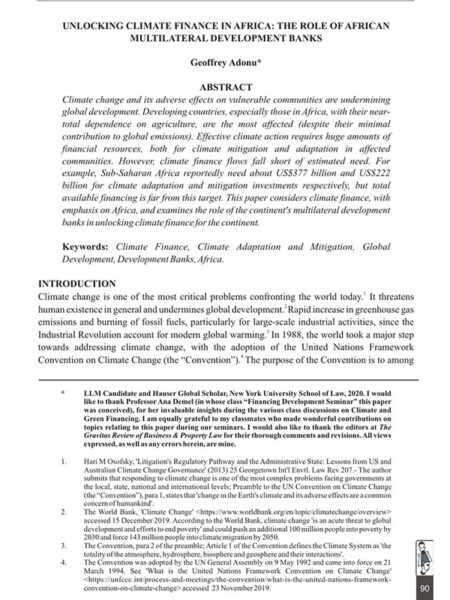
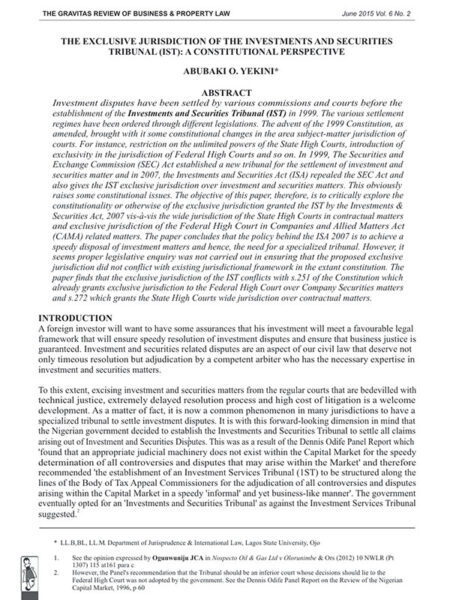
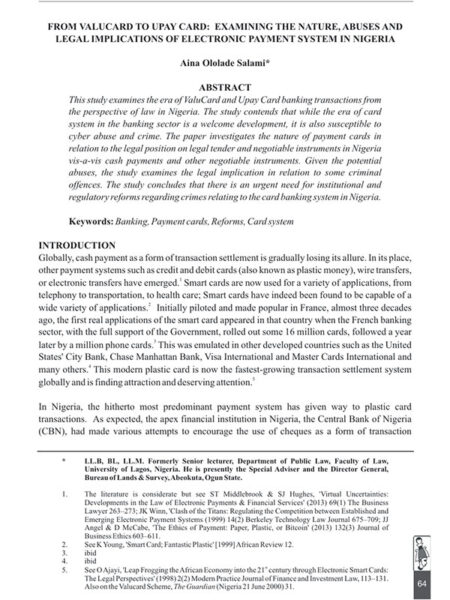
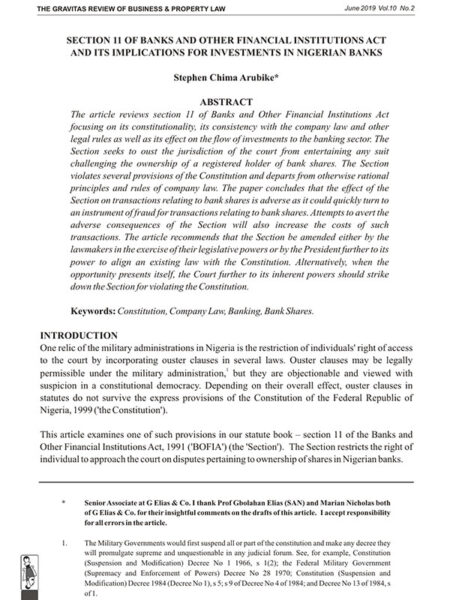


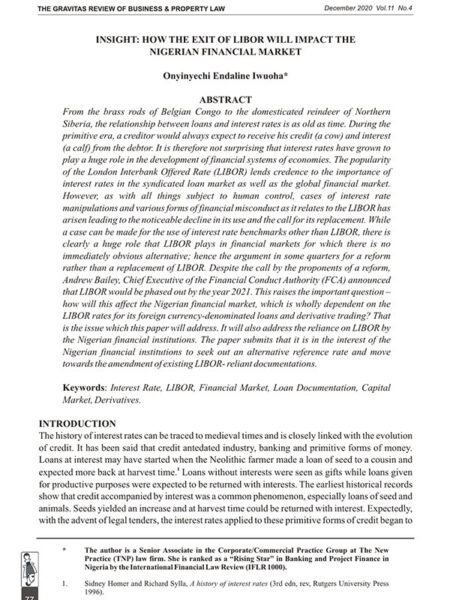
Reviews
There are no reviews yet.